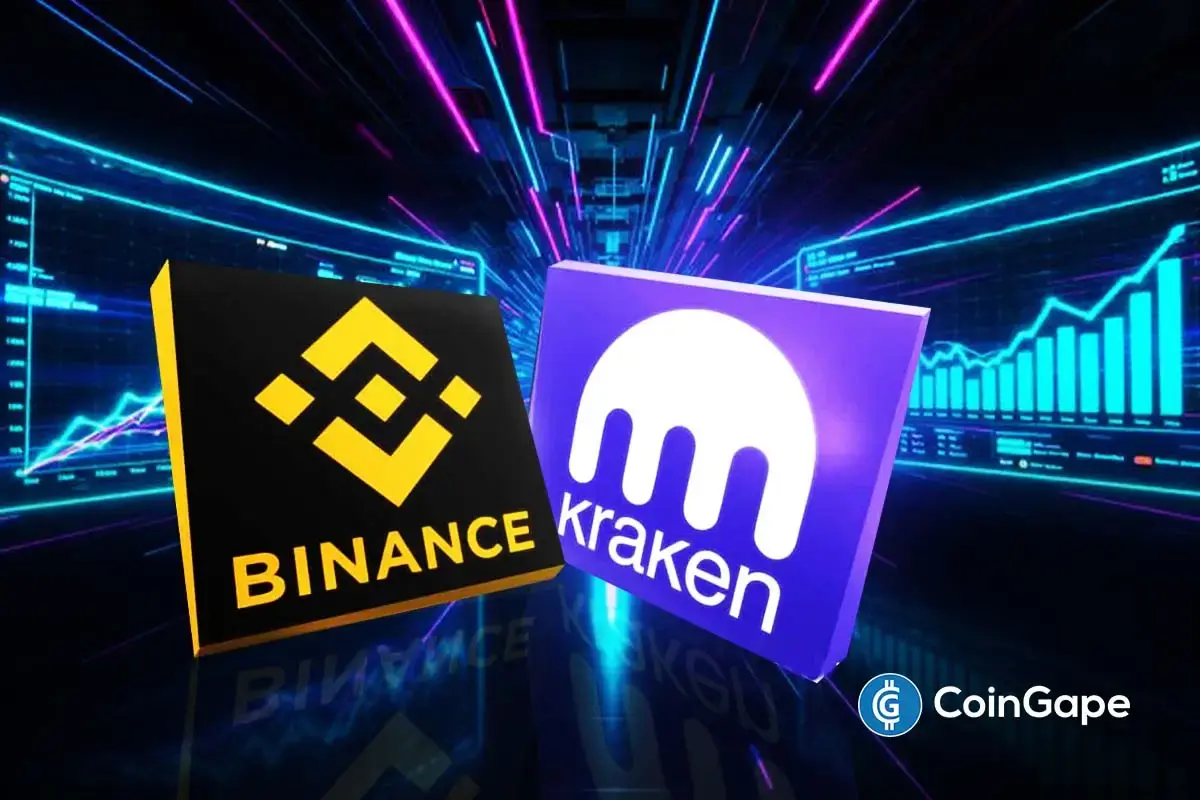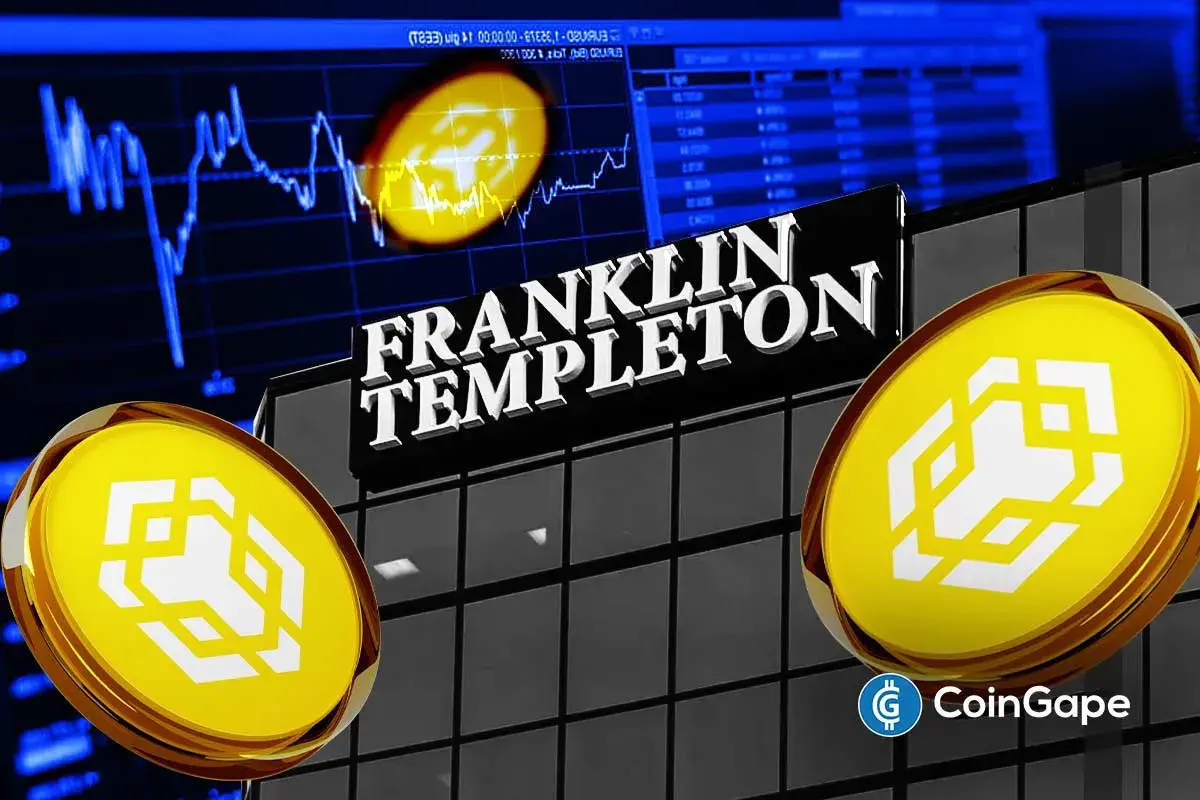Binance, CZ File Joint Motion To Dismiss US SEC Lawsuit Claims

Binance has on Thursday, September 21, 2023 filed a joint motion to dismiss claims made by the U.S. Securities and Exchange Commission (SEC) against itself and cofounder Changpeng Zhao (CZ). The company argued that the agency has foundation in the existing securities laws amidst an active attempt by the lawmakers to debate the crypto asset ecosystem.
Also Read: Gary Gensler Hearing Before US Financial Committee: What To Expect
No Guidance Yet Enforcement
The defendants, Binance Holdings Limited and CZ made an important comment that the SEC is now choosing to impose liability for the sale of tokens that date back to 2017, when the agency has hardly given any guidance on such transactions. Hence, the SEC lacks authority to impose actions on the same, the defendants said in a filing. Further, the crypto exchange argued that the SEC claims fail under the Howey Test requirement that there needs to be a legal relationship between both the user and the platform. The agency alleged in the lawsuit that the exchange violated registration requirements in the U.S. securities law in terms of offering the various crypto products and assets.
“In attempting to claim regulatory power over the crypto industry, the SEC distorts the texts of the securities laws — reading the word contract out of the statutory phase ‘investment contract’. The SEC also seeks to enlarge its jurisdiction globally to include transactions on foreign cryptocurrency platforms.”
The defendants added that only the U.S. Congress is mandated to make policy decisions like the ones the SEC is twisting the definition of investment contract.
Motion To Dismiss SEC Claims
The defendants sought that the court should dismiss all the claims made by the SEC on the grounds that it fails to plausibly allege that any of the crypto assets it is contesting is a security. The court should dismiss the SEC’s claims, Binance argued, since the agency violates the securities law purview outside the United States when it says foreign platforms must register in the US if American citizens access the platforms via internet.
Earlier, CoinGape reported that Magistrate Judge Zia M. Faruqui issued a minute order in the SEC’s motion for a protective order on Binance providing confidential documents.
Also Read: XRP Price Prediction: Is This Bear Flag Pattern A Threat To Ripple’s Victory Party Rally?
Play 10,000+ Casino Games at BC Game with Ease
- Instant Deposits And Withdrawals
- Crypto Casino And Sports Betting
- Exclusive Bonuses And Rewards

- Senate Eyes CLARITY Act Markup This Month as Banks, Crypto Continue Stablecoin Yield Talks
- Why XRP Price Rising Today? (2 March)
- Breaking: Bitcoin Price Rises to $70k as Gold Crashes Amid U.S.-Iran Conflict
- Bitcoin News: Anthony Pompliano’s ProCap Buys 450 BTC, Gold Bug Peter Schiff Reacts
- Fed Rate Cuts More Likely If U.S.-Iran Conflict Extends, Arthur Hayes Predicts
- Top 5 Historical Reasons Dogecoin Price Is Not Rising
- Pi Coin Price Prediction for March 2026 Amid Network Upgrade, KYC Boost, Rewards Distribution
- Gold Price Nears ATH; Silver Eyes $100 Breakout on Us- Iran War
- Bitcoin And XRP Price As US Kills Iran Supreme Leader- Is A Crypto Crash Ahead?
- Gold Price Prediction 2026: Analysts Expect Gold to Reach $6,300 This Year
- Circle (CRCL) Stock Price Prediction as Today is the CLARITY Act Deadline

 Buy $GGs
Buy $GGs

















